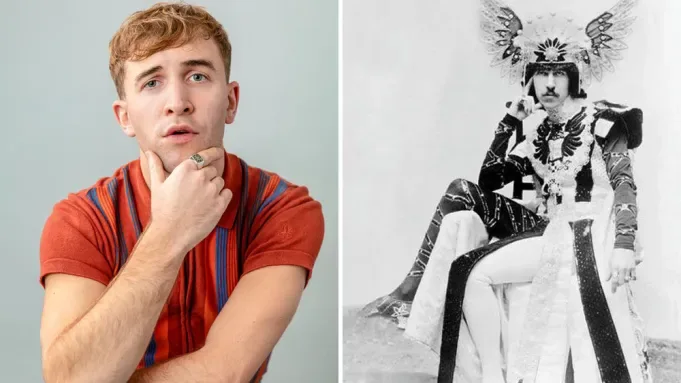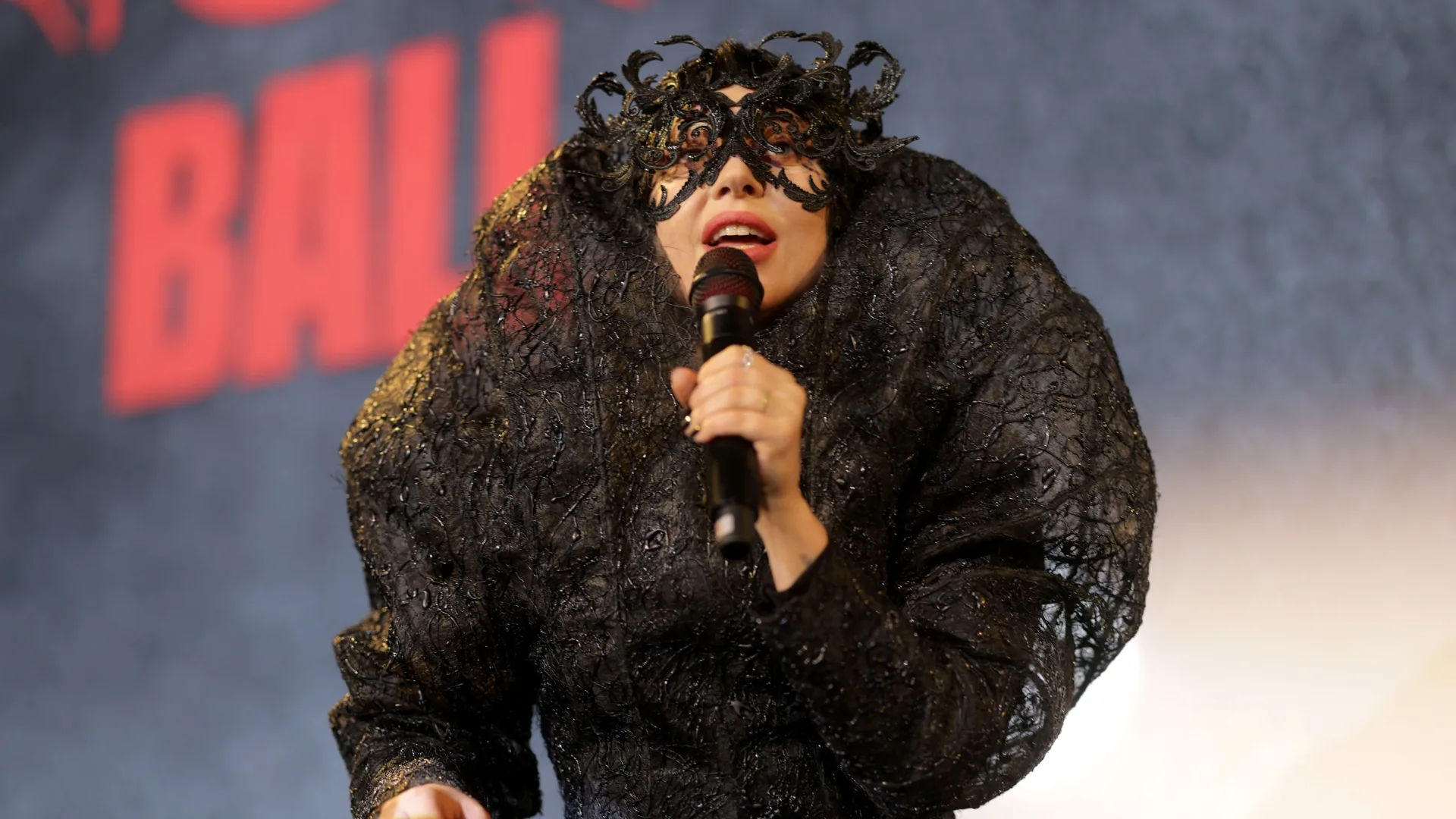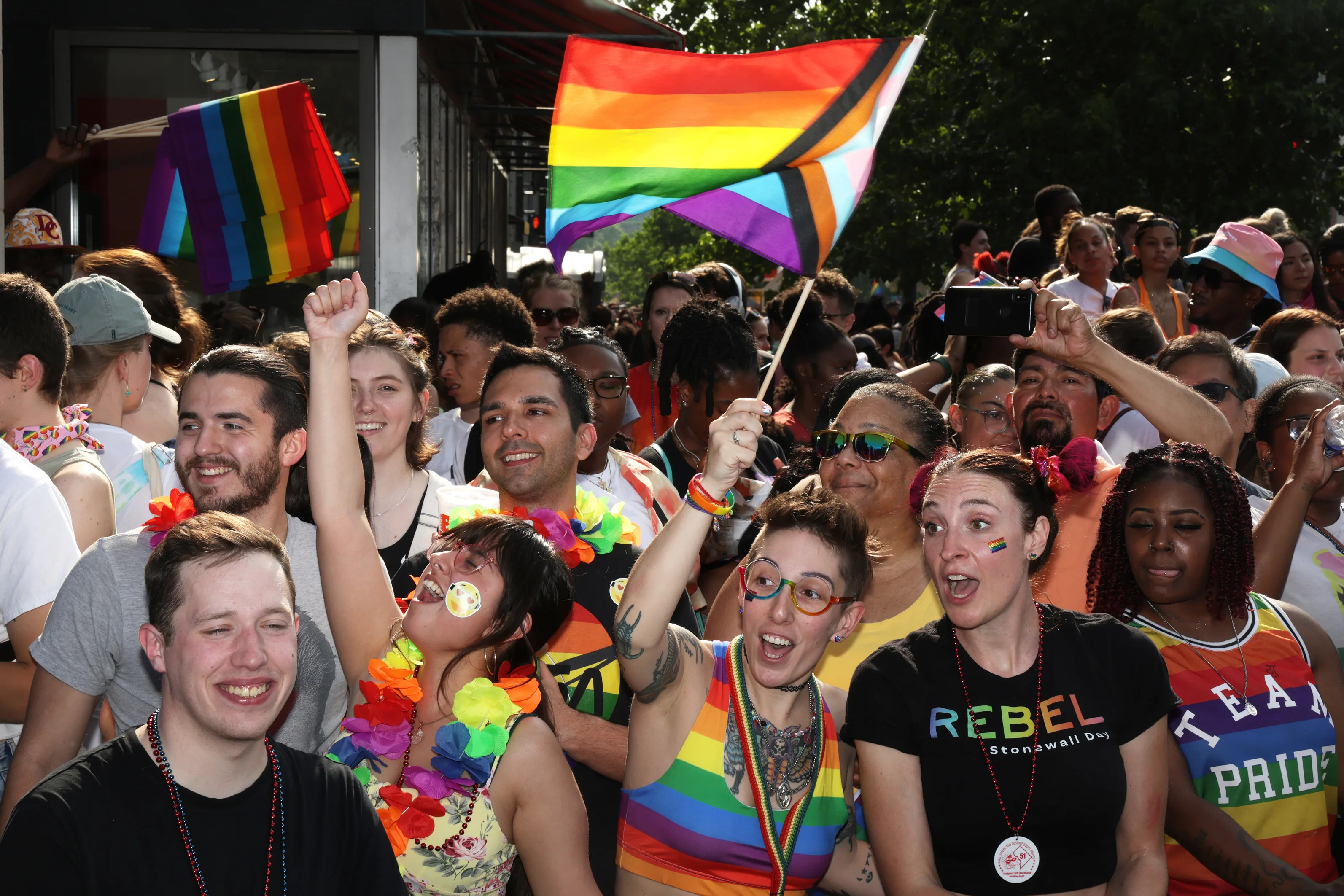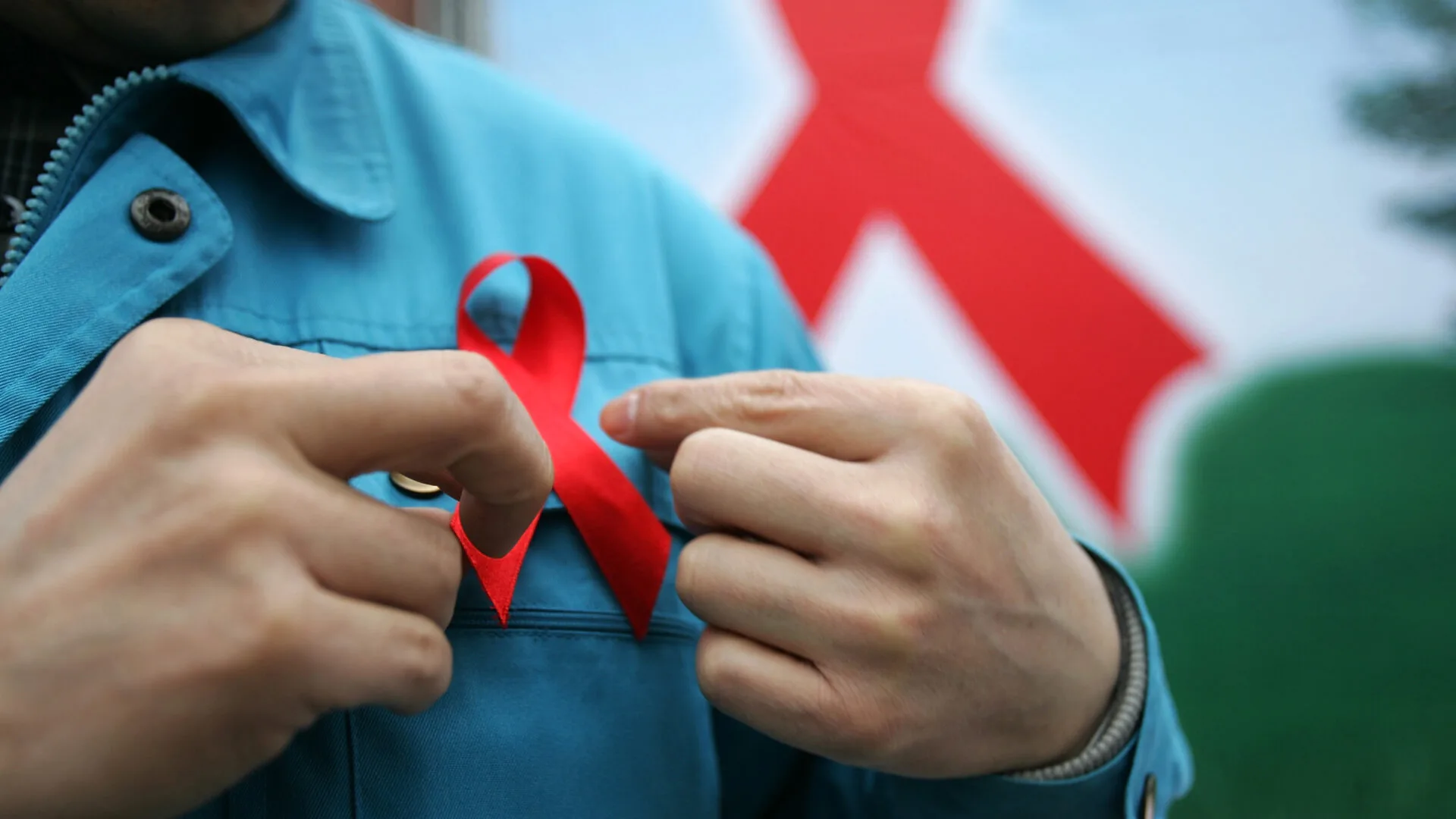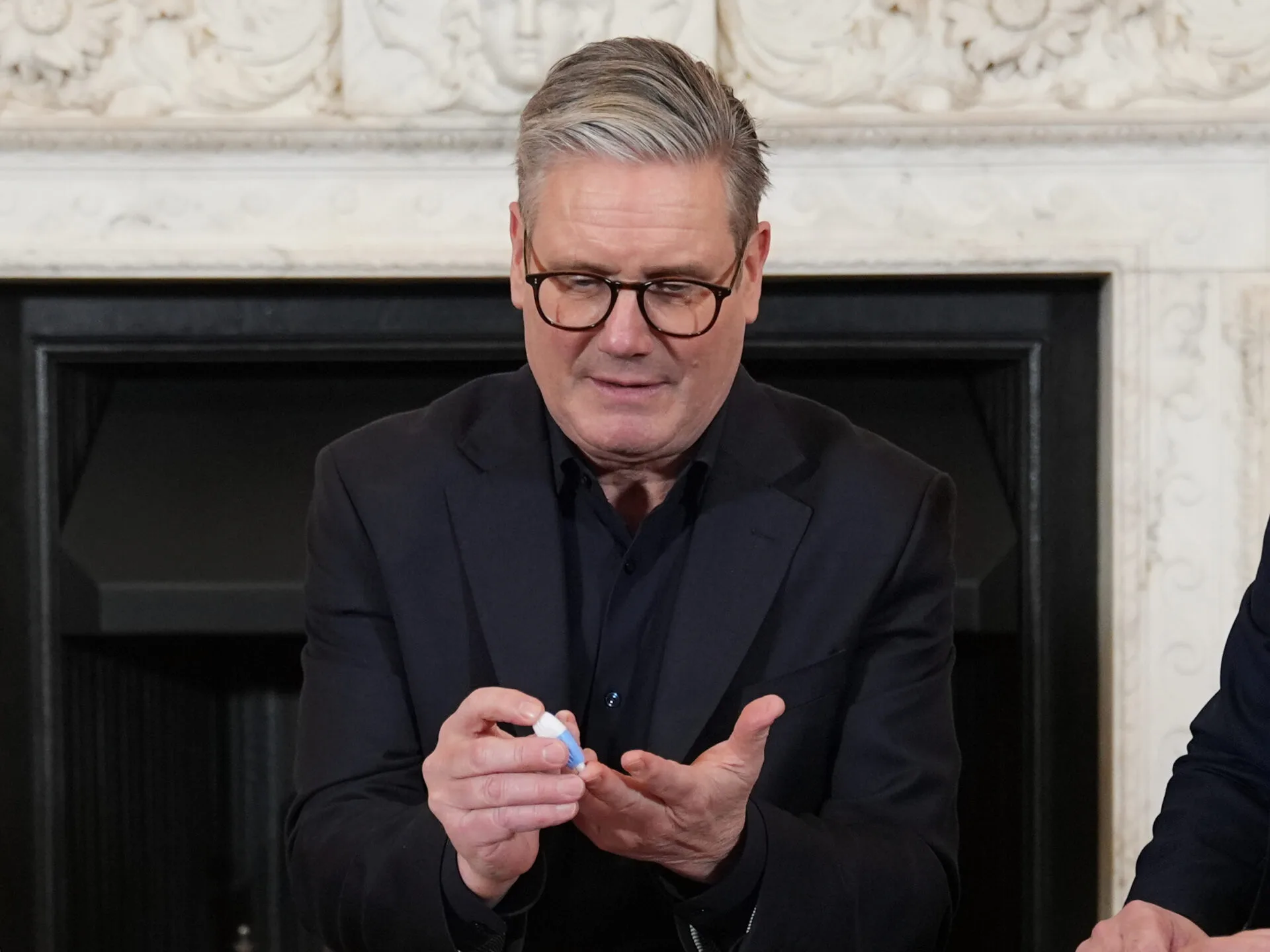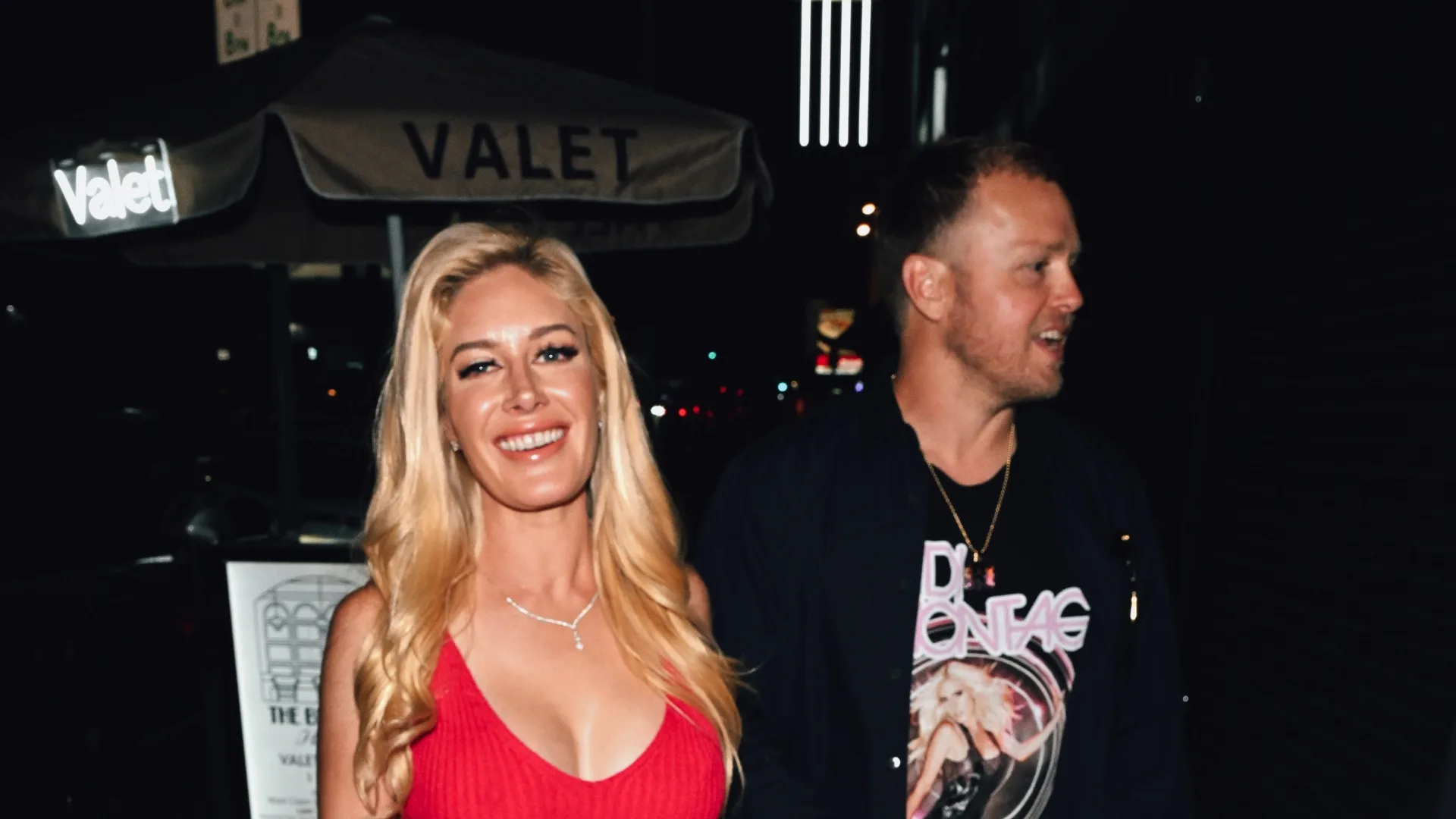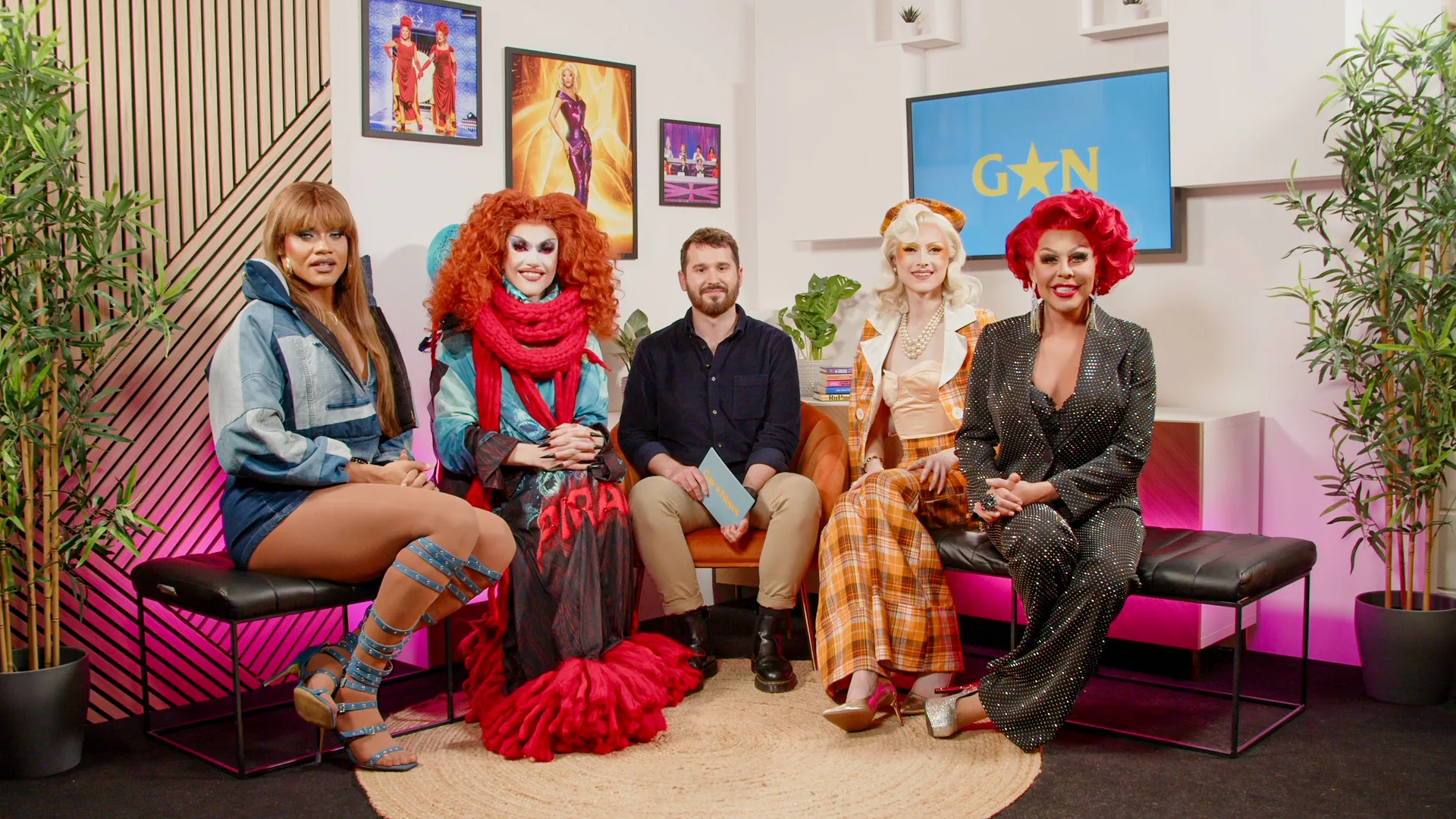Is he, you know… into tennis? Luca Guadagnino thank you for introducing us to Josh O’Connor and Mike Faist shifting the faces off each other – and for accidentally (?) creating a new queer euphemism. Social media has not stopped talking about this sexy, sporty, tennis throuple: Tashi (played by the incredible Zendaya), Patrick (O’Connor) and Art (Faist), who are our Challengers stars. Not only are people obsessed with seeing beautiful people sweating it out in every way imaginable on the big screen, it has also been coined the ‘bisexual film of the year’. In great Twitter fashion, it hasn’t taken long for people to talk about the film’s great big bisexual innuendo, with one user posting:

Once again, thank you Luca Guadagnino. This has got us thinking about some of our favourite LGBTQ+ euphemisms, and where they come from.
A friend of Dorothy (FOD)
A classic, one of the most famous queer terms, more specifically for gay men. Referring to The Wizard of Oz’s Dorothy, sure there are plenty of LGBTQ+ references in the film, such as the iconic ‘Somewhere over the Rainbow’. Ultimately, FOD stems from the actress who plays Dorothy, the gay icon that is Judy Garland. A term that predates the Second World War, gay men not only looked up to Garland as a performer but could also resonate with some of the personal struggles she went through with her mental health and childhood trauma.
A friend of Ellen
The jury is still out on whether this will age as well as FOD, but this one is for our ladies. Named after one of the most well-known television hosts, Ellen DeGeneres. If the dots were not already connected, Ellen came out as a lesbian in 1997 so if you’re a ‘friend of Ellen’ – well, you get the rest. This term was brilliantly delivered by Community’s Annie Edison, portrayed by Alison Brie, and has found its way into the gay ether.
Fruity
Fruity, zesty – I’m pretty sure that soon enough we’ll be getting our 5-a-day just from being gay. The terms have taken TikTok by storm as a code for queer – but where did it come from? The LGBTQ+ and sex worker community in 19th Century Britain would use phrases related to fruit (deriving from the British slang ‘Polari’), to describe themselves – particularly for gay men with feminine qualities. This was used within queer circles before it became weaponized by mainstream society. Fast forward to the current day, ‘fruity’ is firmly back in our gay discourse, even if it is chronically online.
Adam and Steve
A bonus term from what you could say is an OG form of pop culture: The Bible? Conservative Christians coined the slogan “It’s Adam and Eve, not Adam and Steve”, as a way to air out their homophobia. Honestly? They kind of popped off with this one. We’ll take that for ourselves.


